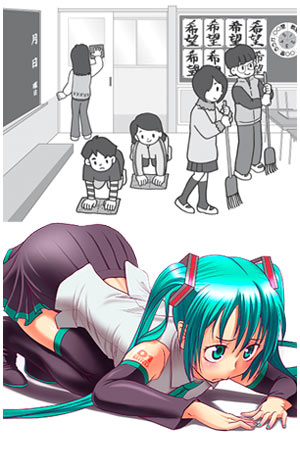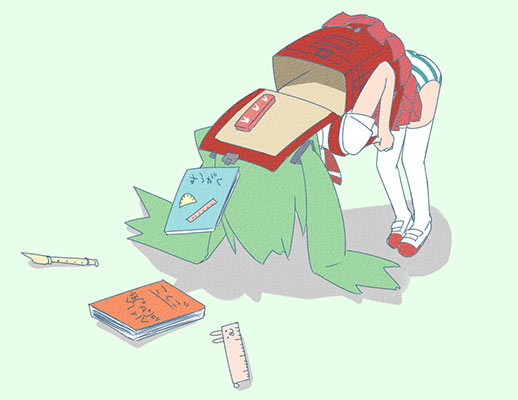One aspect of the Japanese I’m a fan of is their humility, the general tendency to be self-effacing and avoid boastfulness when dealing with others. This humility takes many forms, for example most Japanese will vehemently deny a compliment paid to them, or may deflect the compliment back to you with the phrase おかげさまで okage-sama de, which literally means “it’s all thanks to you,” said even if you just met the person in question and they had nothing to do with helping you attain whatever skill or ability you’ve just been praised for. Humility is baked into the language, for example when speaking formal business Japanese there are different verbs for “to go” or “to see” depending on whether you’re referring to the (glorious) client you’re trying to win a contract with or your own (worthless) organization. The Japanese also express humility by bowing in various situations, with the deepest type of bow known as dogeza, when you lower yourself to the floor in front of the person, something my wife’s mother did the first time she met my American mother, begging us to “take care of her selfish daughter.” Another symbol of Japan’s humility, I’ve always thought, was the way schools and companies (including J-List) do their own cleaning rather than hiring staff to do it. They apparently have a similar policy at the gym I go to, requiring all employees to do the most unpleasant job in the company, cleaning the sweaty mats the customers use to sit on while in the sauna, in rotation.

Humility is an important trait to have in Japan.















